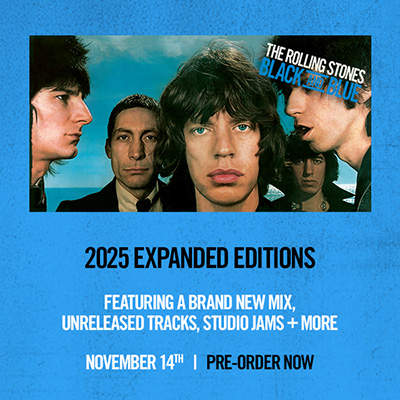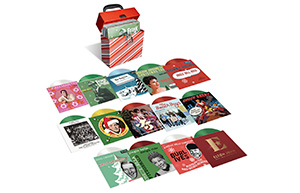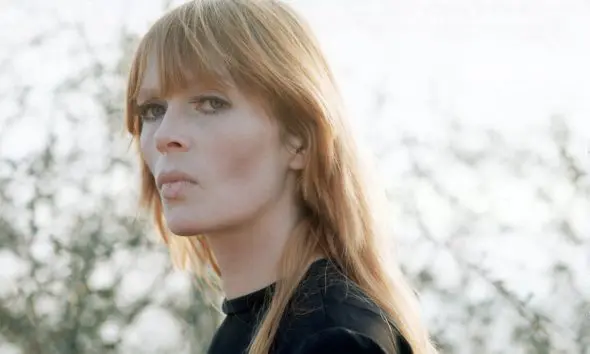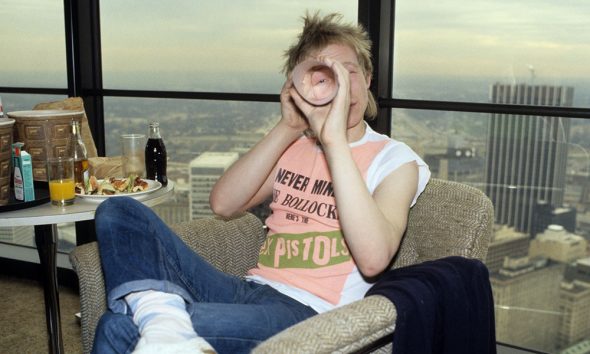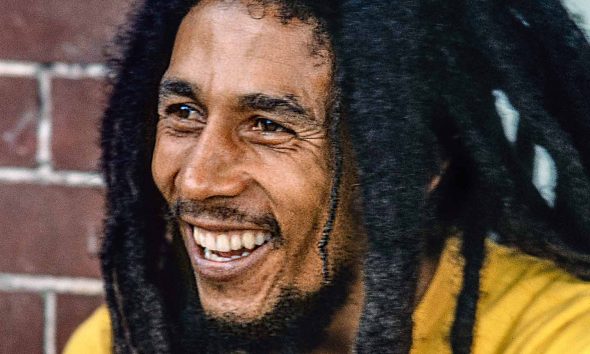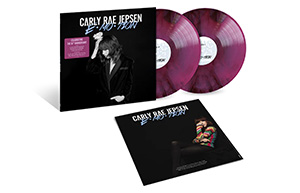‘Bring On The Lucie (Freda Peeple)’: John Lennon’s Strident Protest
Borne amid a time of upheaval, this is the story of one of John Lennon’s last real political songs.
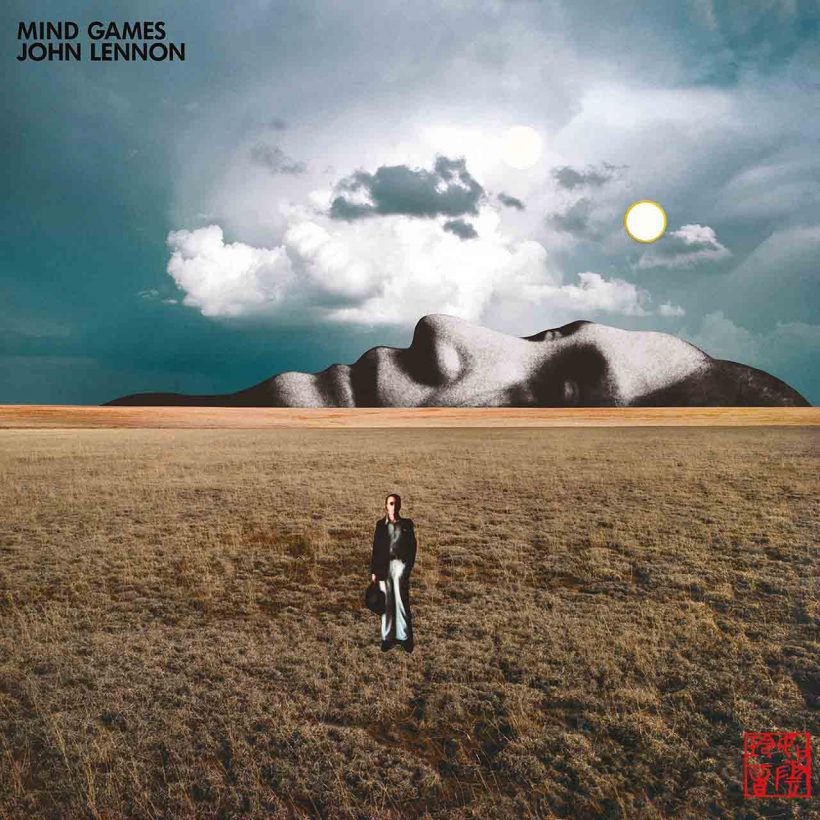
As outspoken champions of civil rights and staunch opponents of the war in Vietnam, The Beatles were collectively aligned with the countercultural activism of the 1960s that increasingly challenged the establishment to effect social change. Naturally, their political views would make themselves known in their songs, but of the four writers, it was perhaps John Lennon who immersed himself deepest in the movement, and as the 1970s approached, found himself a primed proponent of peace.
The week-long “Bed-In for peace” he performed with new wife Yoko Ono in Amsterdam as their honeymoon in March 1969 was a pacifist protest – the imploring anthem “Give Peace A Chance” would be recorded at their second bed-in that June in Montreal – but as the Vietnam War continued to rage, John and Yoko began to feel the need for more action. Moving to New York in August 1971, Lennon and Ono immediately found themselves in like-minded company. “I’ll tell you what happened literally,” Lennon told Rolling Stone in 1975. “I got off the boat, only it was an airplane, and landed in New York, and the first people who got in touch with me was Jerry Rubin and Abbie Hoffman. It’s as simple as that. And the next thing you know, I’m doin’ John Sinclair benefits and one thing and another.”
Order John Lennon’s Mind Games – Ultimate Collection.
Protests And Problems
Lennon went even further on his June 1972 album, Some Time In New York City, a communique brimming with songs that called attention to political causes including prisoners rights, feminism, Northern Irish independence, police corruption, and the Black Panthers.
Some Time In New York City faced mixed reviews upon release. By early 1973, Lennon felt embattled; his popularity was dwindling, he was under FBI surveillance, the US immigration authorities were preventing his citizenship, and Nixon was resoundingly re-elected. The pressure was taking its toll. For his next move, Lennon had to consider how to stay out of trouble.
Making Mind Games
The roots of his subsequent album, Mind Games, began in the spring of 1973, when Yoko was recording her Feeling The Space album in the Record Plant studio in New York. Impressed and inspired by the session musicians that had been assembled, Lennon looked to use the band and the studio for his own use. He then set about composing and demoing new material that he hoped would win back his fans.
In reverting back to the introspective studies that had dominated his 1971 hit album Imagine, Lennon infused the songs with far more personal rather than political influence. The prevailing theme was his devotion to Yoko – as evident in “Out The Blue,” “Intuition,” and “You Are Here” – but it was also feelings of contrition, in songs like “Aisumasen (I’m Sorry)” and “I Know (I Know).”
Free The People
Though the majority of Mind Games had been conceived in one prompt period of writing, there was one leftover from the past that Lennon decided to revive. In 1971, Lennon purchased a National resonator guitar, and with the instrument’s distinct acoustic sound, composed a simple, repetitive three-chord chorus of “Free the people” that he intended to work up into a song for inclusion on Some Time In New York City, but didn’t complete in time.
He continued working on the song until it was readied for the Mind Games sessions, by which time it had evolved into a song that was every bit as scathing as the rest of Some Time In New York City, and served as a bookend to Lennon’s practice of mixing politics and music. He called it “Bring On The Lucie (Freda Peeple).”
Bring On The Lucie (Freda Peeple)
Building the whole song around the same three chords, “Bring On The Lucie” relied on a funky groove to effectively convey the song’s potency without getting in the way of its direct message, and so required some capable hands in the studio to keep the score moving forward.
Gordon Edwards’ lively bass jumps and pops around the spirited beat and rolling fills from drummers Rick Marotta and Jim Keltner, creating a danceable groove counterpoint to Lennon’s stinging vocals. Ken Ascher’s keyboards are subtle in the mix, while David Spinozza contributes shuddering guitars.
The most striking musical feature of “Bring On The Lucie,” however, is the ringing pedal steel of former Flying Burrito Brother, “Sneaky” Pete Kleinow. Its wailing repetition throughout the song is comforting yet disarming at the same time, underlining the narrative’s pointed edge.
Lennon’s Lyrics
Acting almost like a bridge between Lennon’s transition from public activist back to private artist, “Bring On The Lucie” continues Lennon’s anti-war agenda and takes aim squarely at Richard Nixon. Written during his fight with the US government, the song is an attack on the people that were threatening to destroy him.
“We don’t care what flag you’re waving / We don’t even want to know your name,” Lennon begins, “We don’t care where you’re from or where you’re going / All we know is that you came.” There’s a sense of his own resignation there – beleaguered by his battles, he seems to be retreating from specifically attacking his actual adversary and addressing all warmongers at large. Instead of persecuting and killing your citizens, he advises, “Here’s something you just better do,” and in the chorus he offers them the conciliatory solution: “Free the people.” This line can be taken as a general sentiment, but it wasn’t just a simple slogan: The song is specifically referencing plans to free prisoners who couldn’t afford bail. (John, Yoko, and Jerry Rubin made plans at one point to tour as the Rock Liberation Front.)
In leading this all-inclusive plea for action, Lennon warns that people power is ready to rise up. “Your time is up,” he sneers, “you better know it.”
The song’s influence
Lennon rarely returned to politics in his music for the remainder of his lifetime, but the impact of this protest song is still felt. Folk singer Julie Felix covered the song in 1980, as did former Verve frontman Richard Ashcroft in 2021. The Charlatans, meanwhile, owe a debt to “Bring On The Lucie” for the direct influence one can hear in two of their 1995 songs: “Just Lookin’,” which borrow’s Lennon’s lyrical melody, and “Just When You’re Thinkin’ Things Over,” its title and eager acoustic strums lifted directly from “Lucie.”
Heard in the closing credits of 2006 movie Children Of Men, a cautionary tale based in a dystopian future, “Bring On The Lucie” stands as a testament to John Lennon’s enduring commitment to social justice and his belief in the power of music to effect change. The song remains a powerful expression of Lennon’s political philosophy and continues to resonate with audiences who share his vision of a more just and equitable world.





